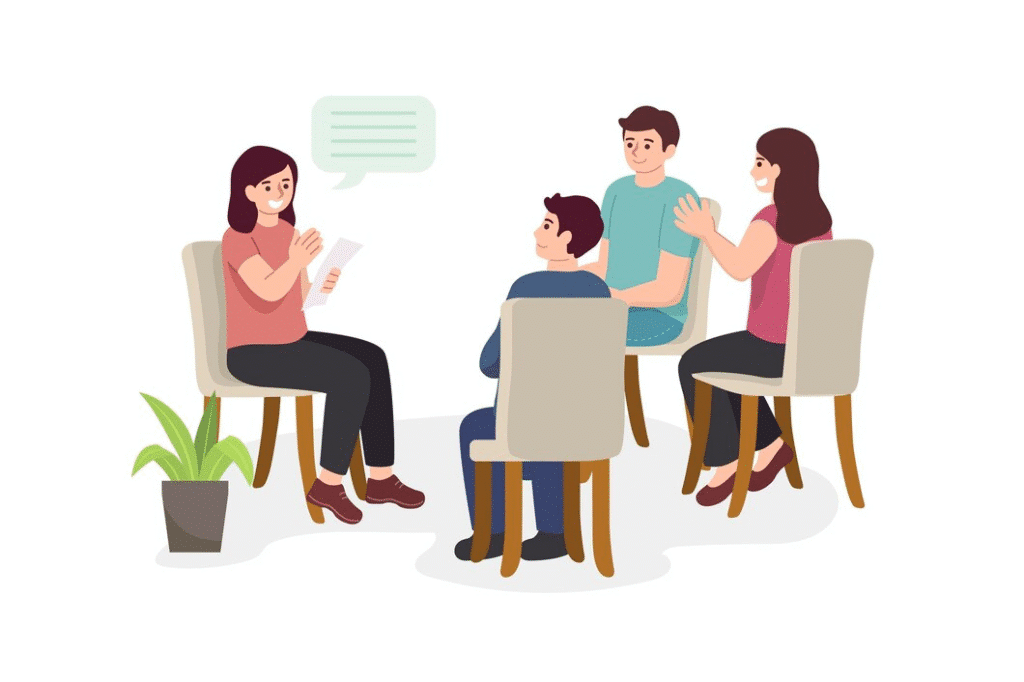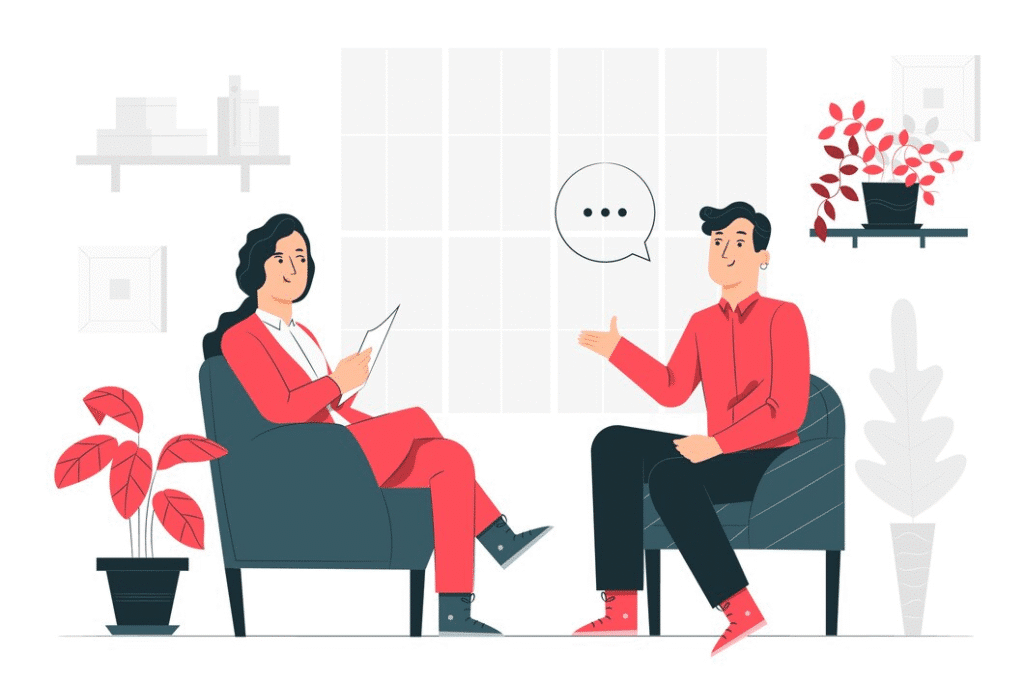Contents
Thinking about how to become a counselor but don’t have a degree or any prior experience? No worries, you’re not alone! A lot of people start from scratch and build their way up.
With the right steps, passion for helping others, and some dedication, you can totally make it happen. Let’s dive into how you can start your journey to becoming a counselor, even if you’re just starting out!

What is a Counselor?
As a counselor, you can really make a difference for students looking to study in the UK, especially since the British Council offers training for agents and counselors with all the info they need about studying there.
Your job will be all about helping people through life changes and supporting their mental and emotional health. Whether they’re dealing with relationship issues, stress, anxiety, depression, or just feeling down, you’ll be there to help them navigate it all and find their way.

As a counselor, it’s key to really listen to your clients and make sure they feel respected and comfortable enough to talk about what’s on their mind.
Your main role is to help them understand their issues and work together on making positive changes in their lives. It’s all about supporting them in finding their way forward!
Thinking about further education? Explore your options at Enrollmate. This could be a step towards learning how to become a counselor.
Entry requirements to become a counselor
Educational Qualifications
The first stage usually involves getting a degree or taking specific courses. The British Association for Counselling and Psychotherapy (BACP)-approved courses are what you should look for.

After getting your certification, you must continue your training. Becoming a counselor will require you to fulfill specific requirements. It could be a graduate-level course of study or a diploma.
Registering with Professional Bodies
You must be on a counseling or psychotherapy register that has been approved by the Professional Standards Authority (PSA) in order to work as a counselor for the NHS.
Some services, such as NHS Talking Therapies, require further accreditation and may require you to receive additional training in a particular treatment that the provider provides. Consult the NHS Talking Therapies Manual for further details.

Additional Professional Qualifications
Most employers seek proof that you hold professional qualifications within healthcare such as
- social work
- occupational therapy
- nursing
Genetic counseling, like many other fields, requires a solid understanding of science. The coursework will give you the basic skills you need, and you’ll also get hands-on training to put everything into practice. It’s a great mix of learning the theory and applying it in real-world situations!

Workplace-Specific Requirements
Every company will have its unique requirements, so be sure to read the job’s person specification. Possessing practical skills is important. Many courses involve work experience under supervision. You may work with real people in this way. It’s an important step in becoming a counselor.
What to Expect as a Counselor?
Counselors can work in a variety of environments, including
- private practices
- schools
- prisons
- colleges
- general doctors’ offices
They may specialize in helping those on the autistic spectrum, for example, or they may be a generalist who handles a wide range of issues. They don’t always need to have one-on-one meetings with customers. They can provide counseling via Skype.

Flexible Work Options for Counselors
Some counselors have part-time jobs, while others work full-time. They may work as both a teacher and a counselor, for example. Counselors sometimes work for free. For example, being employed by a company whose main goal is to help people with rare medical conditions.
Personal Qualities of a Good Counselor
To be a great counselor, there are a few key qualities that really matter. First off, kindness goes a long way—it helps people feel comfortable and safe.
Being empathetic, understanding, and nonjudgmental is super important too. It also helps to know yourself well and be aware of your own challenges.
Good counselors are great listeners and pay close attention to details. And of course, keeping things private and being open to learning from more experienced professionals is all part of the journey

Is a Degree a Must to be a Counselor?
A counselor’s training includes both academic work and hands-on experience. However, you don’t need a degree to become a counselor.
Along with most other professional groups, the British Association for Counselling and Psychotherapy (BACP) requires counselors who work with clients to get supervision from another trained professional.
For certain courses, students must either have been to therapy or be in treatment while they are taking the class.
This is not only so you can see treatment from the client’s point of view, but also to help you grow as a person and deal with the feelings and problems that come up when you’re counseling someone else.

How to Become a Counselor?
BACP Accreditation
An important step is getting approved by the BACP. Getting accredited shows that you meet the standards of your field. It makes you seem more trustworthy.
Stages of BACP Membership
There are different stages of membership in the BACP. In most cases, you start out as a student member. You then move forward as you get better. To learn how to become a counselor, you need to know about these stages.
The Role of Continuing Professional Development (CPD)
Also, very important is continuing professional development (CPD). Helping people is an area that is always changing. This is part of how to become a counselor professionally. Think about the different types of therapy. You could work with grown-ups. You could also like working with kids. It can help your job to specialize.

Choosing a Specialization
Counseling is based on doing things in an ethical way. You must follow the ethics guidelines set by the BACP. This keeps you safe and helps you do your job well. Knowing how to become a counselor ethically is key. Get in touch with other mentors. Go to lectures and workshops.
How Long Will it Take?
To become a counselor, you may need up to 4 years to finish the requirements.
There are Guided Learning Hours (GLH) for each of our courses. These are the taught hours for the qualification. There is more studying that needs to be done outside of school.
We’d love to give you an idea of how much training costs, but each center sets its own fees based on things like the number of students, the size of the staff, and the area. It’s best to look at more than one center to find one that fits your needs and your income.

Last Words:
Remember, becoming a counselor takes time and effort. Be patient and persistent. Your dedication will make a difference. This is how to become a counselor successfully.
How to become a counselor in the UK involves education, training, and accreditation. It’s a path with many rewards. You can help people in meaningful ways.
For more information on mental health statistics in the UK, you can visit the Office for National Statistics.







